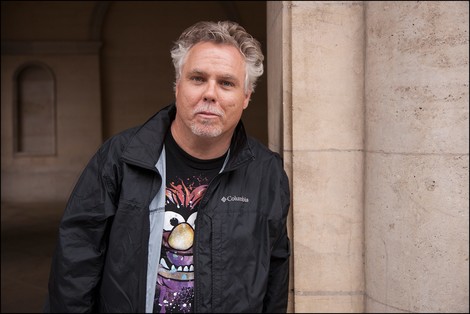Your podcast discovery platform
Curious minds select the most fascinating podcasts from around the world. Discover hand-piqd audio recommendations on your favorite topics.

piqer for: Boom and bust Health and Sanity Global finds Doing Good
Danielle Batist is an experienced freelance journalist, founder of Journopreneur and co-founder of the Constructive Journalism Project. She lived and worked all around the globe and covered global and local stories of poverty, exclusion and injustice. Increasingly, she moved beyond ‘problem-reporting’ to include stories about the solutions she found. She witnessed the birth of the new nation of South Sudan and interviewed the Dalai Lama. She reported for Al Jazeera, BBC and the Guardian and regularly advises independent media organisations on innovation and sustainability. She loves bringing stories to the world and finding the appropriate platforms to do so. The transformation of traditional media fascinates rather than scares her. While both the medium and the message are changing, she believes the need for good storytelling remains.
Invisible People Who Are No Longer Invisible
American Mart Hovarth runs the Youtube channel Invisible People, where he speaks to homeless people across the US and beyond. I came across him many years ago during my work with street papers and I was interested to read this recent interview with him. His credentials are impressive: last year his videos reached over 523 million people. His charity played an instrumental role in helping the City of Los Angeles pass a housing bond that will raise $1.2 billion and create 10,000 housing units for people experiencing homelessness. And it’s involved in other policy change initiatives too.
But it is his unfiltered and genuine approach to storytelling that makes Invisible People stand out most. In this interview, he explains where his motivation and drive grew from, following his own experience of homelessness – on Hollywood Boulevard.
He’s open about his past and feels that homelessness was part of his destiny: “If I had never ended up on the streets, I would never have founded Invisible People.”
“I always felt that the story of homelessness was missing authenticity. Nonprofits spin the story for fundraising. That is not necessarily bad; charities need to raise funds to help people. But the true story of homelessness is different than what they produce to motivate people to give money. At the time, the media always portrayed people experiencing homelessness as drug addicts and bums, and although drug addiction is a serious crisis, addicts only make up a small percentage of homeless people.”
Hovarth is doing more than his share to change that image, one street interview at a time.
